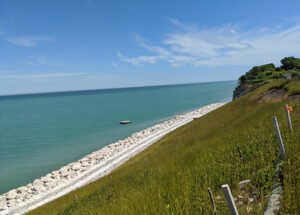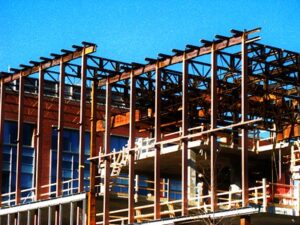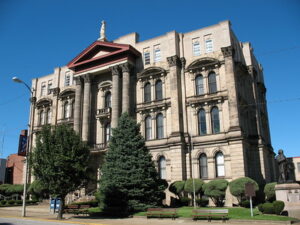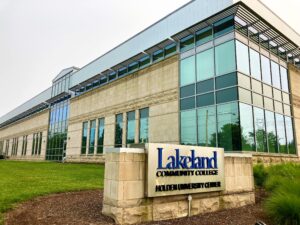SmartAsset recently released an analysis of the best US cities to ride out a recession in. Believe it or not, fifteen Michigan cities were among 429 that made SmartAsset’s cut. Ann Arbor was on the list, but it was nowhere near the top. It wasn’t even among the top Michigan cities.
SmartAsset considered four different factors to determine a city’s overall rank on its list. They included employment, housing, social assistance, and economic stability. Farmington Hills ranked highest overall among Michigan cities (51st) with an employment rank of 43rd, a housing rank of 113th, and a social assistance rank of 38th. No Michigan city ranked well in economic stability. (Rochester led the way in that category with a rank of 237.) Ann Arbor ranked 154th overall, largely because it had relatively high rankings for housing and social assistance. Its employment rank was 271, and its economic stability rank was a surprisingly low 374.
All fifteen Michigan cities on the list are part of a community college district. If a community college is doing its job well, that should reflect in the city’s employment and economic stability rankings. Among Michigan cities, Ann Arbor ranked 10th out of 15 in terms of employment. One strategy for combating a recession is economic diversity. The less economic diversity a region has, the more vulnerable it is to adverse economic events. Ann Arbor ranks poorly in terms of both employment and economic stability. This suggests substantial room for improvement in these areas.
What could the economy of Washtenaw County be like if the area were better prepared to deal with a recession? Michigan has dealt with a recession or two, so we should be fairly adept at managing them. Yet, here we are.
Fighting a recession with economic diversity
The community college could be one source of building economic diversity for the region to blunt the impact of a recession. This requires significant coordination and cooperation with a wide range of agencies and entities within the county. It requires an overall vision, sustained engagement, commitment, and a long-term plan.
What if WCC had coordinated its 10-year Master Plan with Washtenaw County and the State of Michigan with a focus on regional economic growth, instead of using the exercise to rearrange the furniture on campus? And what if WCC dedicated 2% of the annual property tax collection every year to fund the development of new degree programs? Or, instead of prioritizing “rapid employment,” WCC prioritized employment in high-wage, high demand jobs? What if WCC focused on building the workforce capacity to attract a variety of employers to the region? What if WCC stopped wasting taxpayer dollars on projects like the Health and Fitness Center or a hotel, and stopped subsidizing the cost of attendance for online students from everywhere but here, and used that money to improve opportunities for Washtenaw County?
What if?
Photo Credit: Darwin Bell , via Flickr





















